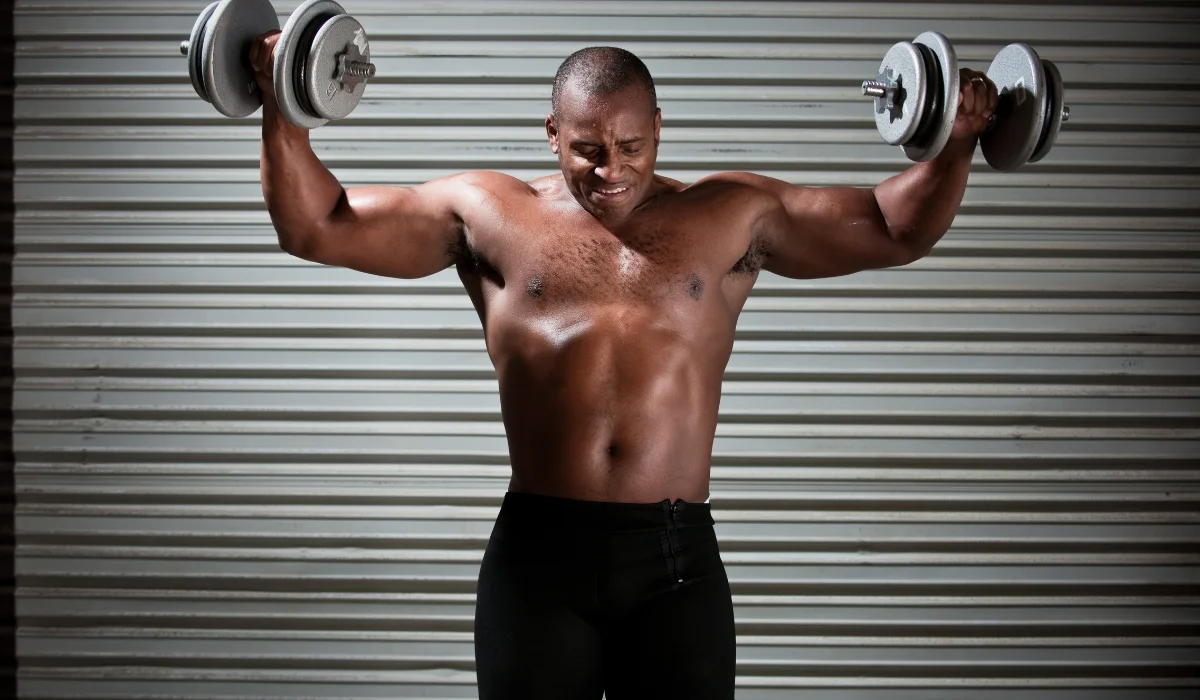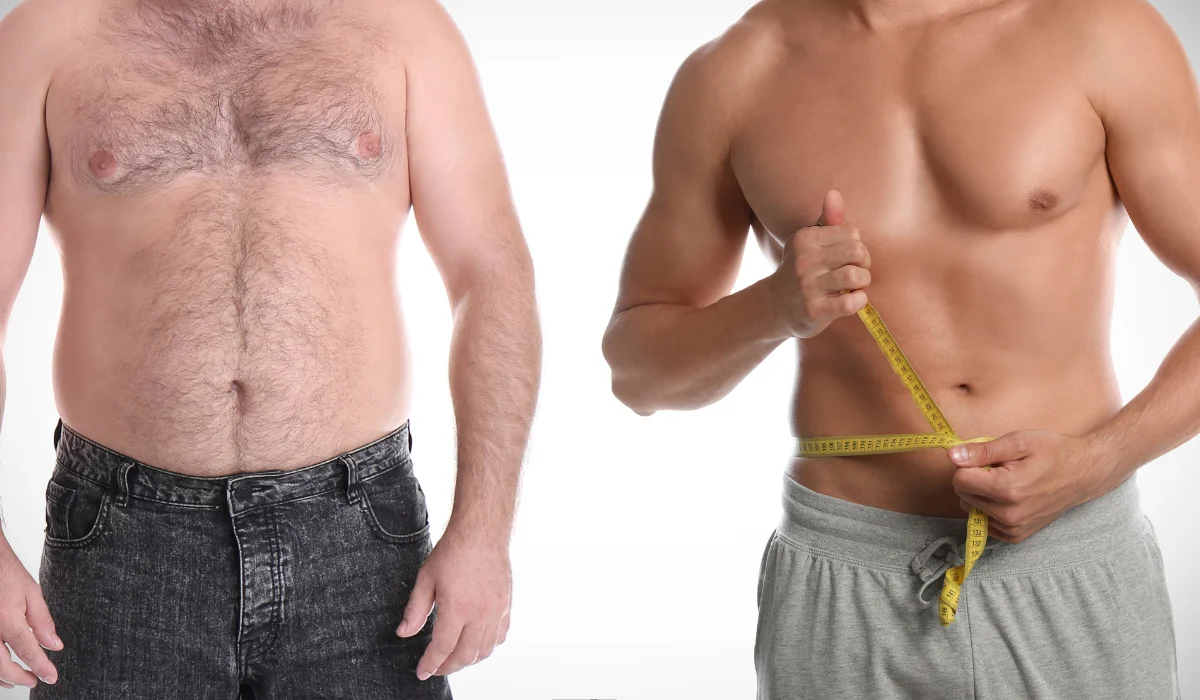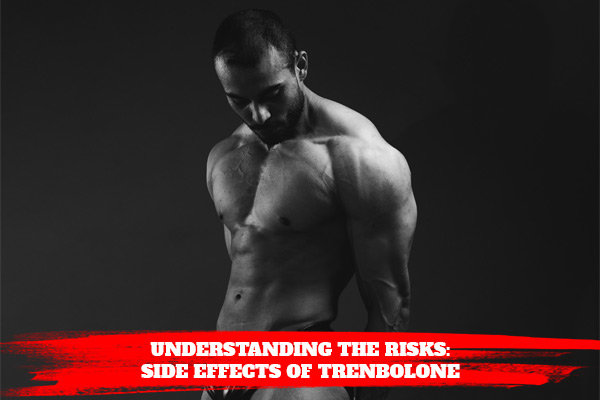The human body functions with both fat and muscle, removing one or the other can only lead to health problems. The body is made up of both fats and muscles, and the proportions between them are important for a healthy body. So what are fats? Fats are a type of lipid that contains fatty acids. In this article, we will discuss the differences between muscles and fat.
What Is the Distinction Between Muscle and Fat?
The human body is composed of both muscle and fat, but what is the difference between these two types of tissue? Muscle and fat are both vital components of a healthy lifestyle, yet they can also be used as measurements for judging overall health. Understanding the distinctions between these two tissues can help people make informed decisions about their physical well-being.
Muscle tissue provides the body with strength, while fat aids in energy storage. Muscles contract when force is applied to them, enabling motion throughout the body. When healthy levels of muscle are present, it allows individuals to have better control over their movements. In contrast, fat stores energy that can be used later when needed. It also acts as insulation and protection around organs in the body and helps regulate hormones that keep us alive.
Here are some more key differences between muscles and fat:
Muscle contracts, whereas fat does not
Unlike fat, the muscles in the body are contractable, which means they can shorten and tighten in order to move the body. Fat, on the other hand, does not contract. It can only expand and get larger. This is why when we exercise, our muscles become more defined. Muscles burn energy, whereas fat stores it Our bodies need to use energy from food in order to sustain itself. In order for our cells to function and survive, they need fuel. This is where the difference between fat and muscle becomes clear.
See also info about buy Halotestin online
Muscle burns more calories than fat
It’s no secret that having strong muscles can help you burn more calories than fat. But what does this really mean when comparing 150 pounds of fat against 150 pounds of muscle?
When looking at these two different types of weight, scientists often compare energy expenditure versus calorie burn rate. In general, it is clear that muscle burns more calories than fat because it requires more energy to move and maintain itself. When we build muscle mass through exercise, the body has to work harder to keep up with the demand for oxygen and other nutrients used during physical activity. On average, one pound of muscle will burn approximately five times as many calories as one pound of fat over a 24-hour period.

Muscle is more dense than fat
A recent research shows that when measured by density, muscle is more than twice as dense as fat. This means that pound for pound, the same amount of muscle can weigh much less than the same amount of fat.
Muscle tissue plays an important role in providing strength and stability to our bodies. It helps us move around and perform everyday activities with ease. Fat, on the other hand, provides energy and insulation but does not offer the same structural support as muscles do. Compared to fat, muscle has far more cells per unit area which gives it greater density and thus more strength when compared to fat on a pound-for-pound basis.
The results of this study provide valuable insight into understanding how our body composition affects our overall physical performance.
Read more About Muscle Building Tips for Older Men
Is Muscle Weaker Than Fat?
Fat may be much stronger than we give it credit for. In a groundbreaking study, scientists weighed 150 pounds of fat against 150 pounds of muscle and found that the fat was actually stronger in terms of compression strength and sheer force. This means that the smaller mass of fat could hold up more weight than its larger counterpart, proving just how powerful it can be. While we’ve all heard stories about bodybuilders lifting hundreds of pounds, this study shows that even with its comparatively small mass, fat can perform better under certain conditions.
Will Muscle Gain Cause Weight Gain?
Does gaining muscle really lead to an increase in weight? This is a common question asked by those looking to get fit and healthy. In this article, we’ll explore the differences between fat and muscle and whether or not gaining muscle will cause a person to gain weight.
We all know that fat is dense, soft, and folds easily. On the other hand, muscle is hard, strong, and bulky. These factors make it clear why 150 lbs of fat takes up much more space than 150 lbs of muscle on the same body frame. While some people may think that they’ll gain 150 lbs if they go from fat to muscle, this isn’t necessarily true; instead they may just look bigger because their muscles are more voluminous than their former state of fatness.
Read more About Pump Fuel Pre Workout Supplement: Providing Enhanced Energy
Muscle Gain Indicators
You’re gaining weight but shrinking in size
If your body weight is increasing, but you are decreasing in size, it’s a good sign that you are gaining muscle instead of fat. This is because the more you gain muscles, the more your body will require nutrients to build new muscle and testosterone cypionate repair the damaged muscles. This increased demand for nutrients will cause you to gain weight, even if you don’t eat more or exercise more.
In the gym, you’re getting stronger
If you are starting to feel stronger in the gym, or the once too heavy to lift dumbbell is starting to feel lighter, it’s a sign that you are gaining muscle mass, not fat. This is because to gain muscle, you will need to lift heavier weights. If you are able to pick up heavier weights and do more reps with them, it means that your muscles are getting stronger.
Your percentage of body fat has decreased
Another sign that you’re gaining muscle is when your body fat is visibly decreasing. Strengthening and growing muscles can decrease your overall body fat percentage. While losing fat can happen on its own, it’s much easier to lose fat in conjunction with gaining muscle.
Read more About Heavy Chest Feeling: Chest Muscle Strain Explained
Fat Gain Warning Signs
You don’t have as much visible muscle definition as other people
Fat gain is a reality that many of us struggle with daily, and it can be an overwhelming task to try and manage our weight. If you’re not paying close attention to your body, it can be easy to let extra pounds creep in unnoticed. One warning sign that you might have too much fat on your body is if you don’t have as much visible muscle definition as other people. Losing the ability to see the lines of your muscles can be an indication that it’s time to start focusing on diet and exercise so you can get back into shape.
It’s essential for everyone – regardless of age, gender or lifestyle – to keep track of their muscle mass and know how to recognize when too much fat has been gained.
Your body fat percentage is rising
The battle of fat against muscle is no secret. Body fat percentage determines a person’s overall health and fitness while the strength of one’s muscles can determine their capacity for physical activity. If you start to notice your body growing bigger, specifically in the belly and the legs, it’s a sign that you are gaining fat, and not muscle.
Your power has plateaued or declined
Do you feel like your power has plateaued or declined? Are you struggling to make the gains that once came easily? This is a sign that the fat levels in your body are increasing, instead of muscle mass. This means that your body fat is increasing, and you’re not getting as much muscle mass as you used to. You start to lose energy and stamina It’s possible that the muscles in your body have actually grown, but they aren’t doing their jobs as well regardless of how hard you work out.
Your Clothing Is Tighter
One of the most efficient ways to lose weight is by gaining muscle mass through exercise and proper diets. So if your clothes are starting to get tighter, instead of looser, then it may be a sign that you are gaining fat instead of muscle mass.

Read more About Compound Chest Exercises for Strengthening Chest Muscles Safely
150 lbs of Fat vs Muscle
The debate between muscle and fat has been going on for years, with proponents of both sides claiming their respective strength. But what is the real difference between muscle and fat? When we look at the composition of muscle and fat, it becomes clear that there is a fundamental difference between these two elements.
When we compare 150 lbs of fat to 150 lbs of muscle, it quickly becomes evident that there is a major disparity in terms of physical strength. This disparity lies in the fact that muscles are able to contract through applying force, whereas fat does not have this capability. Muscles generate force by contracting when signals are sent to them from nerves, allowing movements like lifting heavy objects or running long distances. Fat provides energy but does not have the ability to contract like muscles do.




